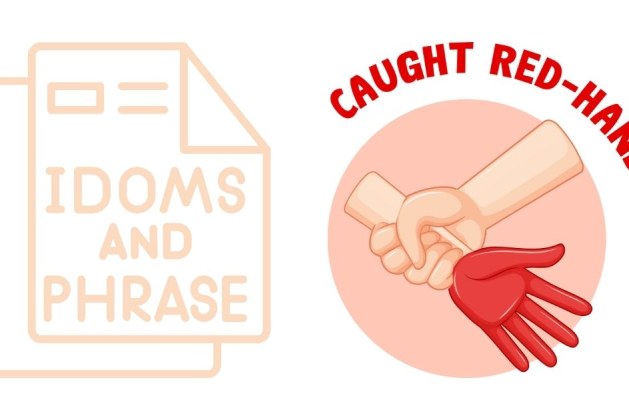If you’ve ever said that you need to “hit the books” before an exam or a deadline, you’re not alone. The phrase is a common part of everyday language, often used to express the act of studying or preparing for something important. But where did this idiom come from? How did it evolve into the go-to expression for “studying hard”? Let’s take a look at its origins and journey to becoming a staple in modern language.
The Meaning of “Hit the Books”
Before diving into the history, let’s first understand what the phrase means. “Hit the books” simply refers to the act of studying, particularly when someone is preparing for an exam, completing a project, or learning something new. It often implies putting in serious effort, as if you’re actively engaging with the material in a focused, intense way.
Tracing the Idiom’s Roots
The phrase “hit the books” seems to have emerged in the early 20th century. One of the key clues to its origin comes from the idea of physically striking or engaging with something in an active way. In this case, it’s likely that “hit” refers to putting your full attention on the books—just as you might “hit” the gym or a goal with determination.
Some scholars suggest that the idiom may have been inspired by the practice of “hitting” the pages of a book, which could be a metaphor for diving deep into its contents. This imagery ties into the idea of working hard, as “hitting” something requires physical effort, implying that studying is not just a casual activity, but one that demands focus and discipline.
A Shift in Usage
The phrase may have started to gain popularity during a time when books were the primary source of learning. Before the rise of digital media and the internet, studying was largely done through textbooks, encyclopedias, and other printed materials. The idiom likely became associated with the academic environment, where students were expected to spend long hours poring over their textbooks to master new subjects.
Interestingly, the idiom didn’t just take off in academic circles. It eventually broadened in usage, with people using it in a variety of contexts to indicate the act of studying or preparing for something important—whether it was work, a presentation, or any activity that required significant mental effort.
The Phrase in Popular Culture
In recent decades, “hit the books” has become a popular phrase in both everyday conversation and in media. It is often used in casual contexts, but it can also be found in movies, books, and television shows as a way to convey the idea of someone knuckling down and dedicating time to learning. Its usage has remained strong, even as education has increasingly moved online and the definition of “books” has expanded.
In short, the idiom “hit the books” has evolved from its early use in the 20th century to become a go-to phrase for anyone needing to buckle down and study. Its meaning—signifying the act of focused learning or preparation—remains timeless, despite changes in technology and educational practices. So, the next time you find yourself reaching for your study materials, you can thank this enduring idiom for helping capture the effort it takes to master new knowledge.




Leave a comment